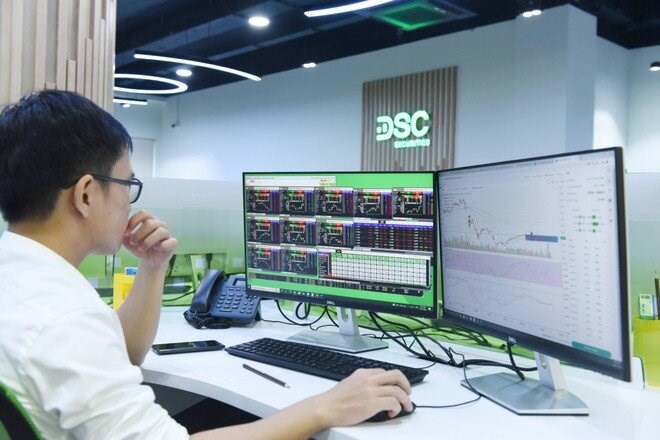
There are many conflicting views on the market trend in September. VN-Index is predicted to have many opportunities to return to the 1,290 - 1,300 point area, but instead of increasing immediately, the market continues to hover around the 1,250 - 1,260 point area.
The stock market in the first two weeks of September has continuously decreased sharply with weak liquidity. VN-Index had 5 sessions under pressure to correct from 1,270 points to the price range of 1,250 points. The positive point probably only comes from the support threshold of 1,250 points being maintained and a few agricultural and food stocks attracting investors.
The market experienced a rather gloomy trading week last week with the last two trading sessions of the week having the lowest trading volume since April 2023, as investors seemed to be greatly affected by the developments and severe consequences of Typhoon Yagi.
After the less optimistic market performance, many experts have expressed a more cautious and somewhat negative view, saying that the VN-Index may correct further, even falling to the support levels of 1,220 - 1,230 points. At the same time, investors are advised to maintain their stock weight at an average level and wait for a clearer reversal signal to increase their position.
However, there are still many optimistic views on the factors that will support the stock market in the coming time and believe that risks have decreased and the market will prepare for an increase at the end of the year.
The analysis team of ABS Securities Company said that the basis for the above assessment is that there will be two most important macro factors affecting the market.
Firstly, after the severe consequences caused by Typhoon Yagi, it will take people and businesses a lot of time and resources to restore their lives and return to normal production and business.
Cost-push inflationary pressures will also increase as supplies of both essential and non-essential goods will be affected. However, there will still be some sectors that will benefit from this reconstruction.
Second, the factor expected to have a major impact on the economy and the market in the coming time is that the Fed may reverse its monetary policy, starting to cut the operating interest rate by 0.25% from the FOMC meeting on September 18.
This is consistent with the trend of major central banks in the world recently starting to reduce operating interest rates when inflation has decreased to expected levels.
In Vietnam, the State Bank of Vietnam (SBV) has aimed to keep interest rates at a stable low level to support the economy, however, when USD interest rates remain high, it has put great pressure on the exchange rate. The Fed's interest rate cut means that the SBV will have more room to operate monetary policy more flexibly.
The State Bank of Vietnam is implementing many solutions to promote credit growth to support the economy such as: gradually lowering interest rates; implementing preferential solutions, implementing solutions to support customers to overcome the consequences of storm No.
As of September 7, outstanding credit had increased by 7.15% compared to the beginning of the year. Credit growth always improves the liquidity of the economy and the stock market.
In addition, solutions to help upgrade the market such as a circular related to foreign institutional investors being able to buy securities without having enough money immediately may be issued (expected in September) and implemented soon in the fourth quarter. This could help increase foreign capital inflows into Vietnam.
Source: https://laodong.vn/kinh-doanh/chung-khoan-cho-tin-hieu-dao-chieu-1394424.ldo







![[Photo] Visiting Cu Chi Tunnels - a heroic underground feat](https://vstatic.vietnam.vn/vietnam/resource/IMAGE/2025/4/8/06cb489403514b878768dd7262daba0b)
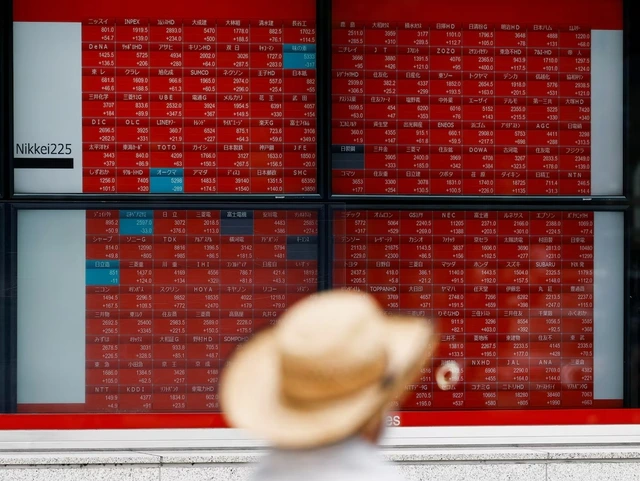

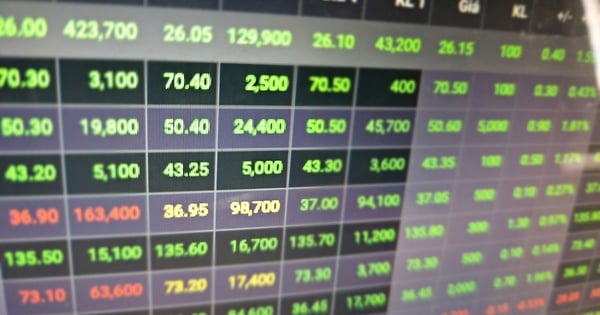

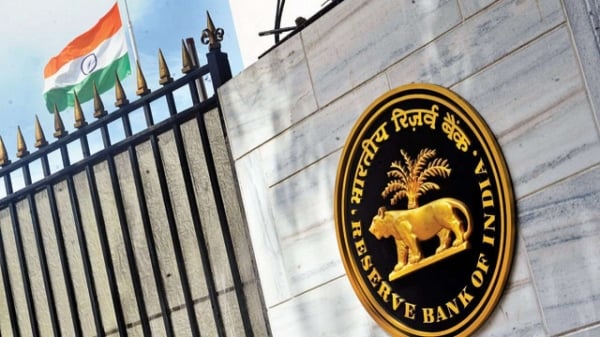

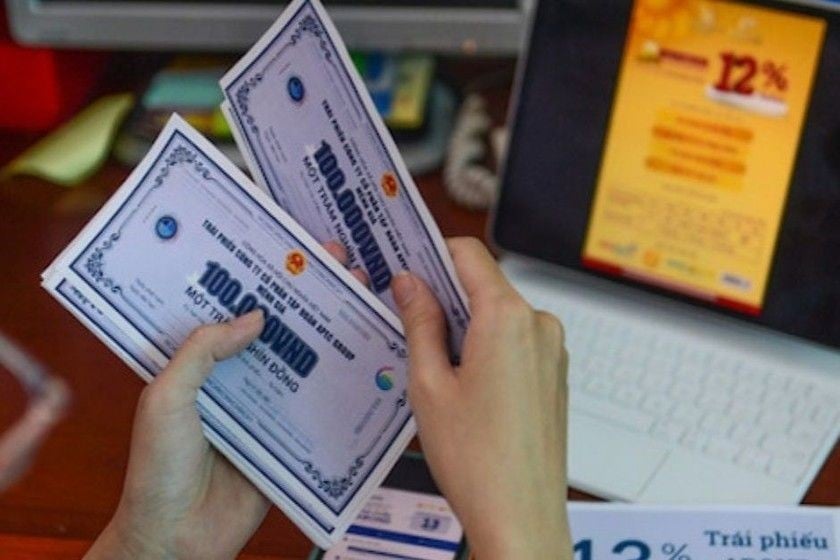

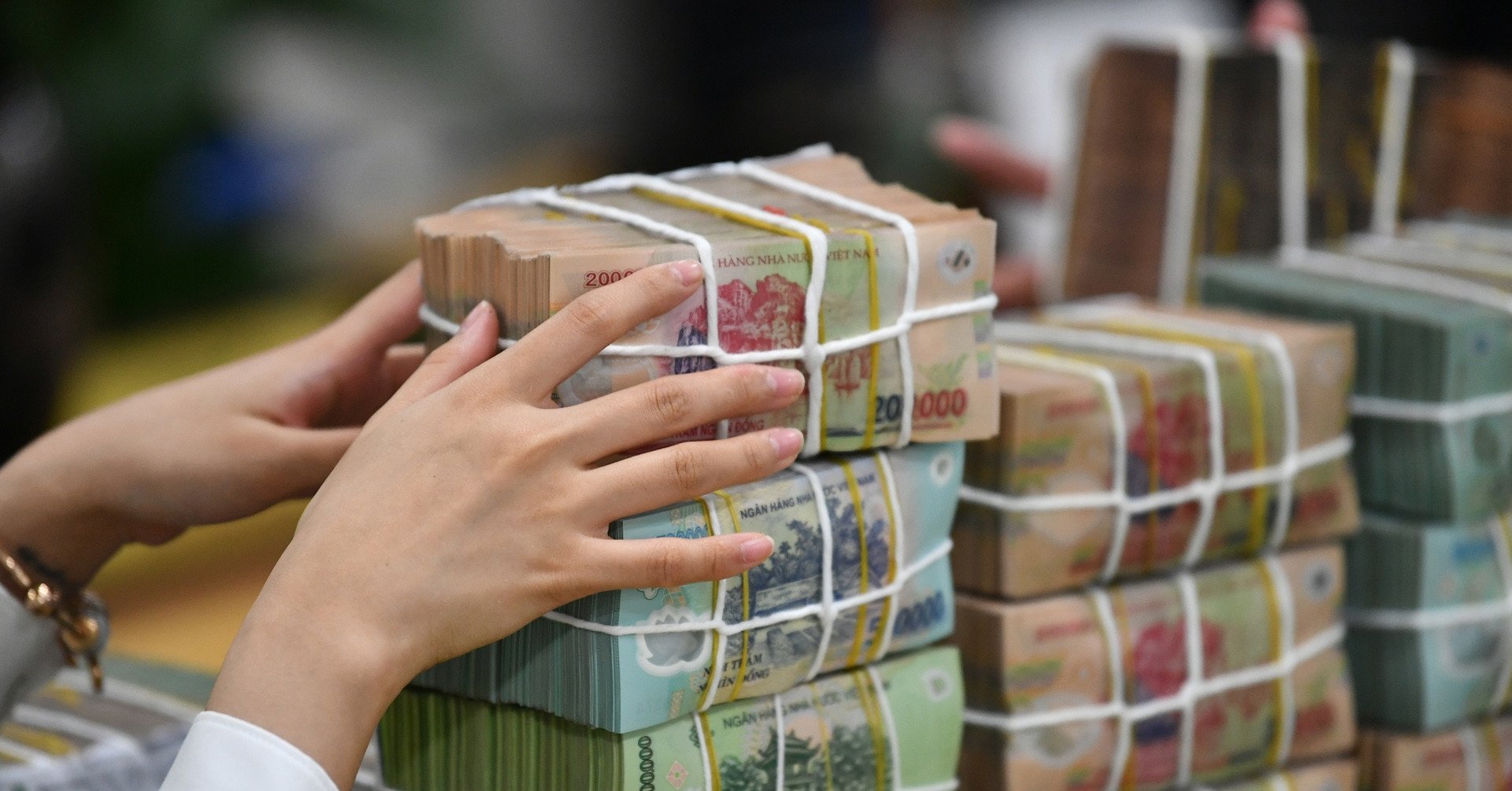































































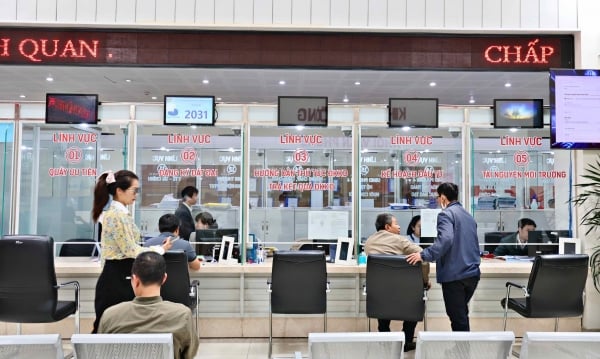











Comment (0)